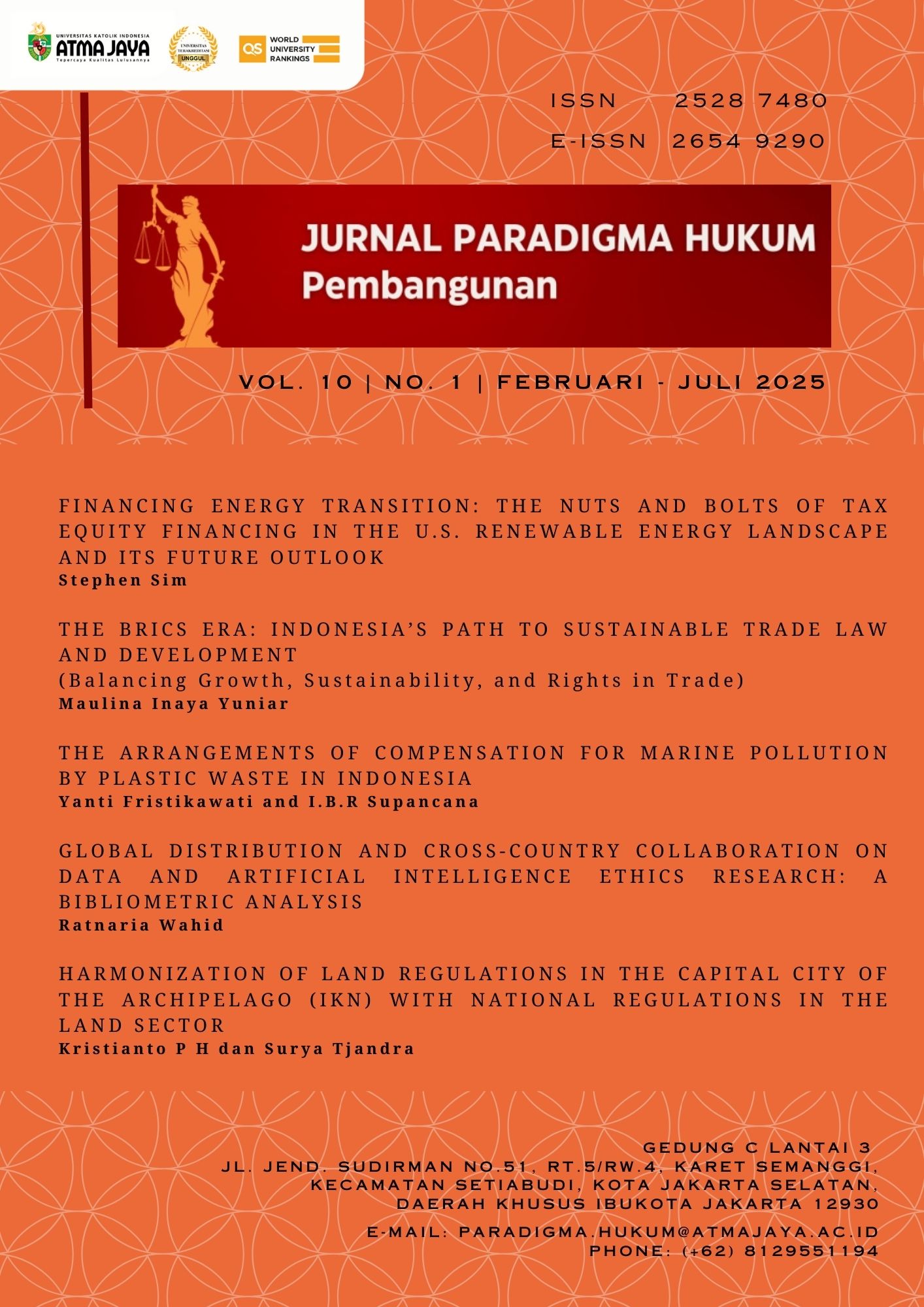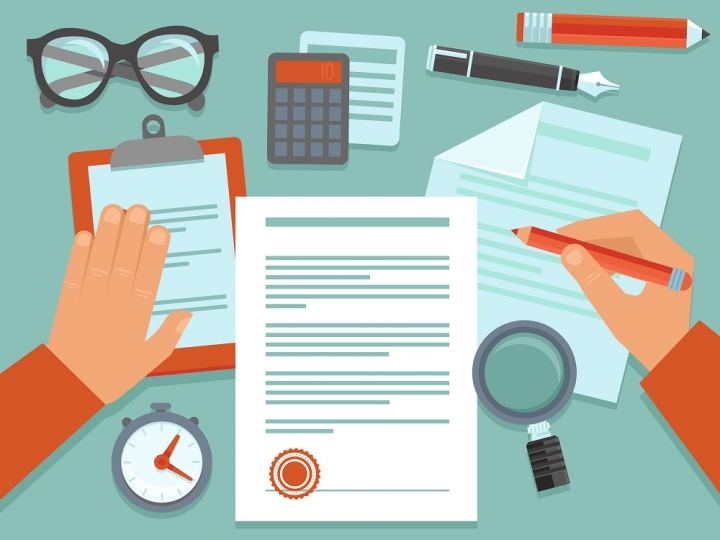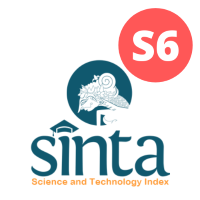THE ARRANGEMENTS OF COMPENSATION FOR MARINE POLLUTION BY PLASTIC WASTE IN INDONESIA
DOI:
https://doi.org/10.25170/paradigma.v10i1.6667Kata Kunci:
Regulations, Compensation, Marine Environment, Plastic WasteAbstrak
One of the environmental damages currently quite disturbing is the ecological damage caused by plastic waste. Plastic waste is difficult to decompose so that it can disrupt the ecosystem of the land and the sea. One of the impacts of plastic waste is on the health of marine animals, where some of these animals, such as turtles, eat debris or plastic fragments. As a country with a large sea area, Indonesia must ensure its marine environment is not polluted by plastic waste. One way to prevent environmental damage is through regulation, where in addition to prevention, we must also look at what sanctions can be applied to those who violate the law by dumping rubbish in the sea. These can be criminal sanctions, such as fines and imprisonment, and sanctions to pay compensation, especially if victims are harmed. This research uses a normative legal method to answer the problem of how the rules in Indonesia regulate compensation in the event of pollution due to plastic waste. The current regulations are sufficient, but implementing compensation payments for plastic waste victims is still challenging.
Referensi
Book/ Article/ Internet
Bali Post, https://www.balipost.com/news/2024/02/23/389118/Sampah-Kiriman-Kembali-Muncul- Accessed 29 January 2025.
BBC News Indonesia, “Ilmuwan ungkap mengapa penyu menyantap sampah plastik di laut” https://www.bbc.com/indonesia/majalah-51812316, Accsessed 5 February 2025.
BBC News, https://www.bbc.com/indonesia/indonesia-46284830
Dubois Sandrine Maljean, and Benoît Mayer, “ Liability and Compensation for Marine Plastic Pollution: Conceptual Issues and Possible Ways Forward”, American Journal of International Law, Vol 114, 2020. https://www.cambridge.org/core/journals/american-journal-of-international-law/article/liability-and-compensation-for-marine-plastic-pollution-conceptual-issues-and-possible-ways-forward/A84CB7AEBAC4E98E2DE98C3E1144A3F3. Accessed 2 February 2025.
Fauna and Flora, “How does Plastic Pollution Affect Marine Life?”, https://www.fauna-flora.org/explained/how-does-plastic-pollution-affect-marine-life/. Accessed 2 February 2025.
Ministry of Tourism and Creative Economy, “ Interesting Facts About Indonesian Seas, Having the Widest Coral Reef in the World”, https://kemenparekraf.go.id/ragam-parekraf/fakta-menarik-laut-indonesia-memiliki-terumbu-karang-terluas-di-dunia. Accessed 5 February 2025.
Muhdar, Muhamad, “ The meaning of the polluter pays principle, even has many meanings such as paying to pollute or can be interpreted as a license to pollute.”, Jurnal Mimbar Hukum, Vol 21 No 1, 2019.
Ocean Works, https://id.oceanworks.co/blogs/ocean-plastic-news/how-is-ocean-plastic-impacting-sea-turtles, Accessed 24 February 2025.
Pramudianto, Andreas, “THE ROLE OF INTERNATIONAL LAW AND NATIONAL LAW IN HANDLING MARINE PLASTIC LITTER”, Journal of Lampung International LAW (LAJIL), Vol 1,Issue 2, 2019.
Rio Declaration on Environment and Development, 1992.
Sands, Philippe, Principles of International Environmental Law, Second Edition, Cambridge Cambridge University Press, United Kingdom, 2003.
Siregar, Emiel Salim et.all, “Dampak Kerusakan Lingkungan Laut Akibat Penggunaan Jaring Trawl”, Jurnal Keadilan, Vol 3 No 2, 2023.
UNDP, “COMBATTING PLASTIC POLLUTION FOR SUSTAINABLE DEVELOPMENT”, https://www.undp.org/sites/g/files/zskgke326/files/2024-11/undp_combatting_plastic_pollution_for_sustainable_development.pdf. Accessed 5 March 2025.
UNDP, COMBATTING PLASTIC POLLUTION FOR SUSTAINABLE DEVELOPMENT, A snapshot of UNDP’s work in 12 countries. New York: UNDP, 2024
Wibisono, Andri, “ The development of the precautionary principle in international and Indonesian environmental law”, Asia Pacific Journal of Environmental law”, Vol 14 Issue1-2, 2011.
WRI,” Indonesia National Plastic Action Partnership (NPAP)”, https://wri-indonesia.org/id/inisiatif/indonesia-national-plastic-action-partnership-npap, Accessed 20 February 2025.
Regulations
Law Number 18 of 2018 on Garbage Waste
Law Number 32 of 2009 on Environmental Protection and Management
Government Regulation Number 81 of 2012 concerning Management of Household Waste and Similar Household Trash
Presidential Regulation of the Republic of Indonesia Number 83 of 2018 concerning Handling of Marine Debris
Unduhan
Diterbitkan
Terbitan
Bagian
Lisensi
Hak Cipta (c) 2025 Jurnal Paradigma Hukum Pembangunan

Artikel ini berlisensiCreative Commons Attribution-NonCommercial-ShareAlike 4.0 International License.
Diperbolehkan atau tidak mempublikasikan tulisan di resopitory instansi penulis







